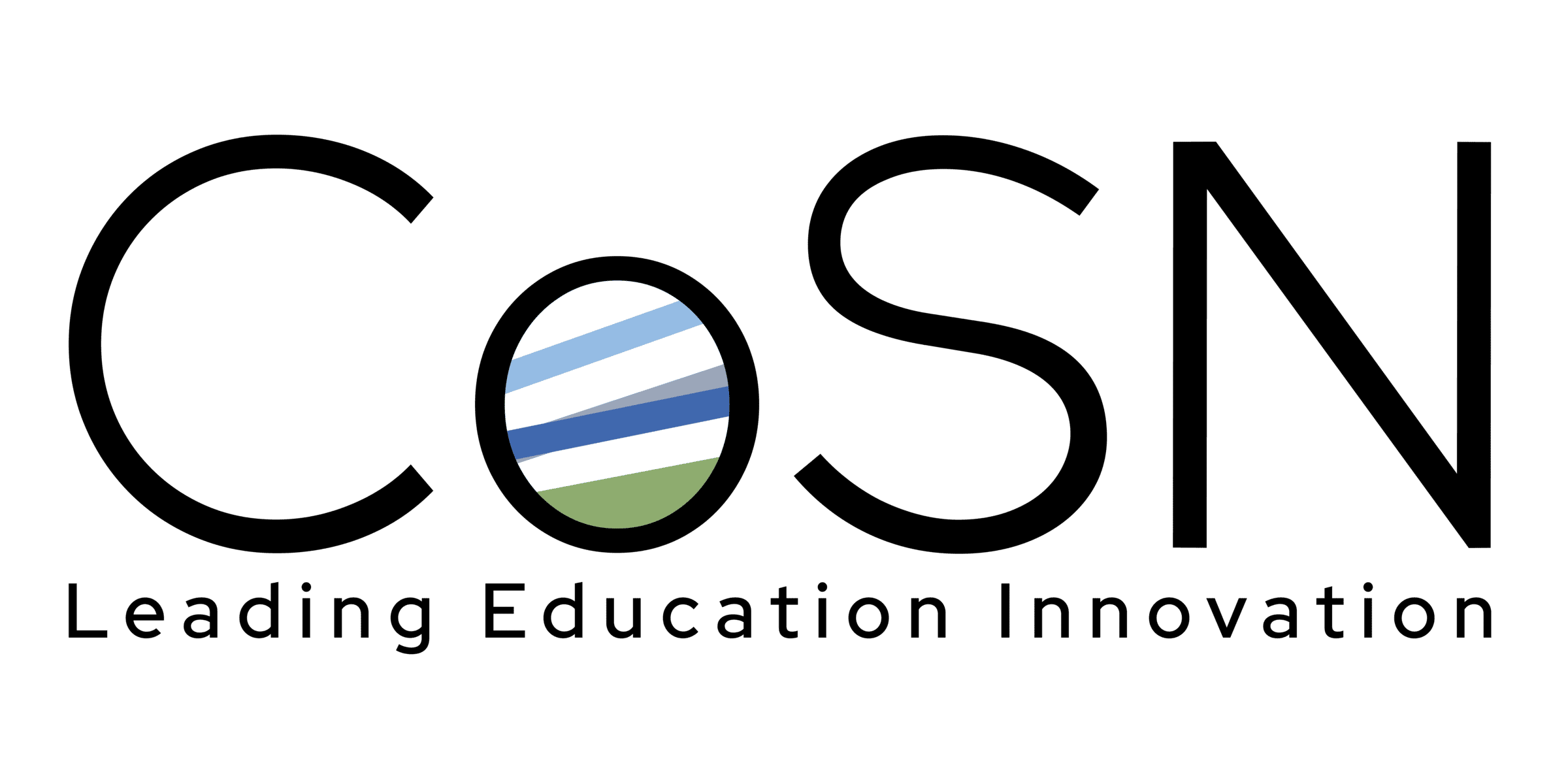We sat down with Dan Layton, Chief Technologist from Trusted Learning Environment (TLE) Seal recipient Zionsville Community Schools to learn more about their decision to participate in the TLE program.
1. Why did you decide to apply for the TLE Seal?
First and foremost, it is absolutely the right thing to do for the protection of students’ futures. I fully accept that big data can help create much needed, innovative solutions to issues surrounding education, but it also creates a cascade of privacy issues that we cannot be willingly ignorant to for the sake of staff, parents and students. I believe we are at the precipice of a major turning point with stakeholder trust in the systems we provide. The tools available are way too important in allowing our students to make their work visible to authentic audiences and create contribution in the world while at school. With that said, we knew that hope was not a strategy. We needed a roadmap to show that we as a district were taking student privacy and protection seriously so that we could create conversation with our students, teachers, parents and community about how to navigate the digital realm safety. The Trusted Learning Environment was exactly what we needed to get everyone rowing in the same direction so we instantly hopped on board after reading about it.
2. When it comes to developing and improving your school system compliance program, what do you find most challenging?
We work in a human driven enterprise and it is complex. Creating urgency about the need for guidelines about compliance and privacy with our stakeholders was challenging. School systems are busy places that are always looking for ways to create efficiency. Technological applications and programs are usually a surefire way to help. This uptick in efficiency usually takes precedence over reading the privacy policies and terms of use to see if the application or program is in sync with the best interest of our privacy.
3. What did you learn by going through the application process?
We actually did not receive the seal the first time we applied but simply taking a team through the process and seeing where we fell short was so crucial for two reasons. One, the process completely reinforced the need for a program like TLE and, two, it allowed us to see just how interconnected our district is through privacy. What started as an initiative in the technology department quickly became a district level program.
4. How do you refresh your compliance program each year? What steps do you take to ensure that the program is constantly improving?
We are in our second year of running a full court press on creating a Trusted Learning Environment. Our first year, a major audit of all programs and services was undertaken. After the audit we put certain protocols in place with business services (who pay for all new programs and applications) to ensure the TLE committee can review for compliance before purchase. We have also done a large amount of training with all staff to ensure they know the proper channels for incorporating any new tools or programs that use any kind of student data. We understood right away that it would take years to get exactly where we need to be. The first 2 years were dedicated to getting up to par with all parts of TLE and now we are choosing to get myopic with one of the major focus areas each year. This year we are focusing on the Professional Development Practice with our curriculum and community outreach.
5. What advice do you have for future TLE Seal applicants?
As I already stated, “hope is not a strategy” when it comes to protecting the privacy of our stakeholders. The task of starting the application seems daunting at first but the longer you wait, the harder it will be. I know for me it was hard to start not knowing if we would fail or not, but we soon realized there is no failing here. We were always moving forward. Simply starting was making us better. Just start.
To learn more about the Trusted Learning Environment Program, visit TrustedLearning.org.
Dan Layton joined Zionsville Community Schools as a science teacher in 2005 and taught Biology, Genetics/Biotechnology, and Advanced Placement Biology. He also coached the Boy’s Tennis team to state finals appearances in 2008, 2009, and 2010. In 2008 he developed the school’s first hybrid online class, which led to him winning the IPL Golden Apple Award in 2010 for innovation in the classroom. He left the classroom in 2012 to become an administrator and has been the Chief Technology Officer at Zionsville Community Schools for 3 years. In addition to these educational roles, he has also taught graduate level statistics courses at the University of Indianapolis. Dan firmly believes in the massive potential of our youth to not only be prepared for the “real world” but to be prepared to make the “real world” a better place through their ability to generate ideas, see those ideas to fruition and to defend the worth of those ideas.

